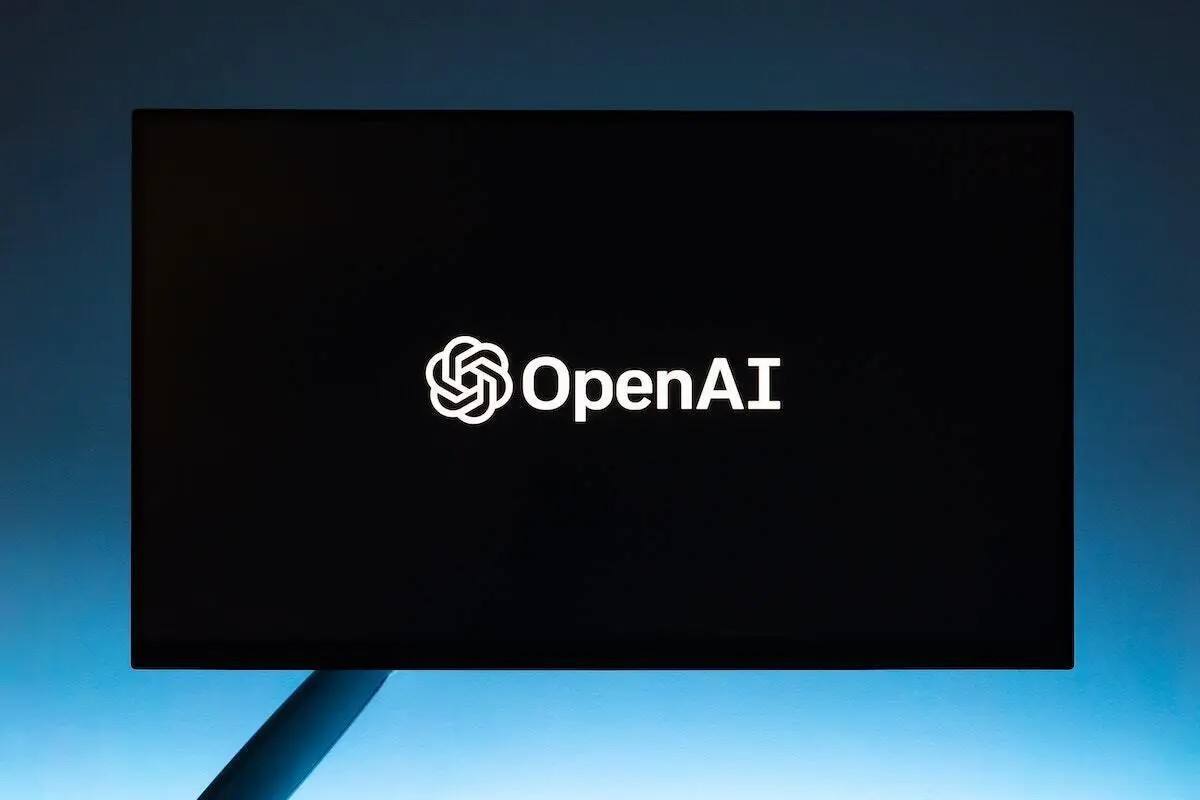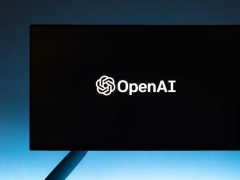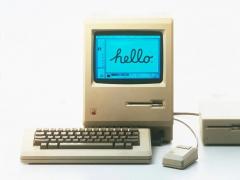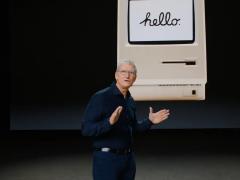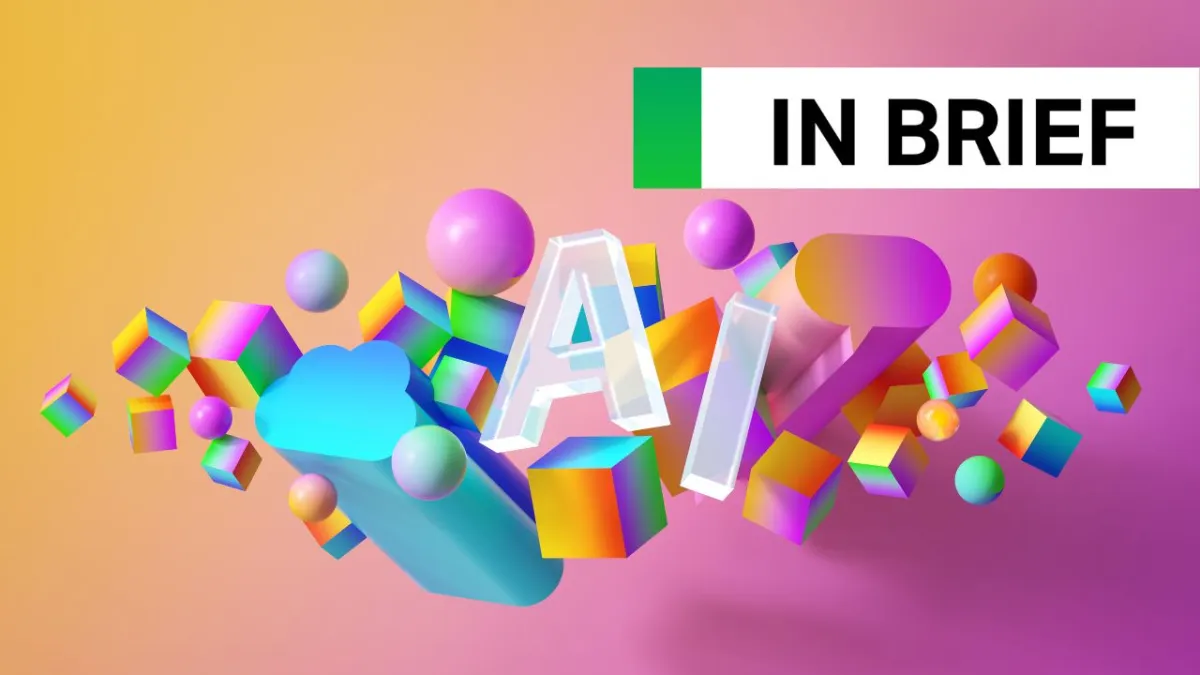
Ted Chiang, one of today's most respected science fiction writers—best known for his novella "Story Of Your Life," which was turned into the movie "Arrival"—has some strong opinions on AI. Beyond his fiction, he's also penned insightful articles for The New Yorker, often critiquing the potential dangers and limitations of artificial intelligence.
His latest piece is worth reading in full, but here’s the gist: Chiang believes the promise of large language models is still “largely theoretical.” So far, generative AI’s biggest achievement seems to be “lowering our expectations—of what we read and even of ourselves when we write for others.” He calls it a "fundamentally dehumanizing technology" because it diminishes our role as creators and seekers of meaning.
Chiang concedes that defining art is "notoriously hard," but he gives it a shot: “Art is something that results from making a lot of choices.” Even if those choices don’t lead to great novels, paintings, or films, they represent “an act of communication between you and your audience.”
He wraps it up by saying, “We’re all shaped by what came before us, but it’s through living our lives and interacting with others that we bring meaning into the world. That’s something an auto-complete algorithm will never do—don’t let anyone tell you otherwise.”
